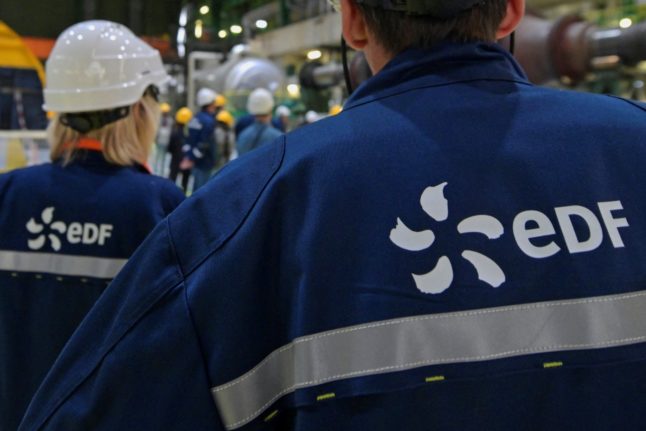Saarbrücken, in the German state of Saarland, is the country’s most expensive city to tank up – drivers there pay €1.514 per litre ($8.48 per gallon) of petrol. Mühlheim has the country’s most affordable gasoline at €1.419 per litre ($7.94 per gallon). Meanwhile the average lies at €1.477 per litre ($8.26 per gallon) of petrol.
Heating oil is most expensive in the Bavarian capital of Munich at €0.87 per litre, and most affordable in Hamburg. Dresden residents can console themselves with the fact that their heating costs are at the national average, €0.85 per kilowatt hour.
Saarlouis in Saarland leads the pack for natural gas prices with a stunning €0.832 per kilowatt hour, though the average is just €0.662.
Domestic gas and electricity costs are likely to continue rising in Germany over the long term, head of energy giant RWE, Jürgen Großmann, said in early September. Heating and electricity costs are gobbling up an ever-larger share of German household spending, jumping 21 percent in the last year alone, the German Federal Statistics Office reported in August.



 Please whitelist us to continue reading.
Please whitelist us to continue reading.